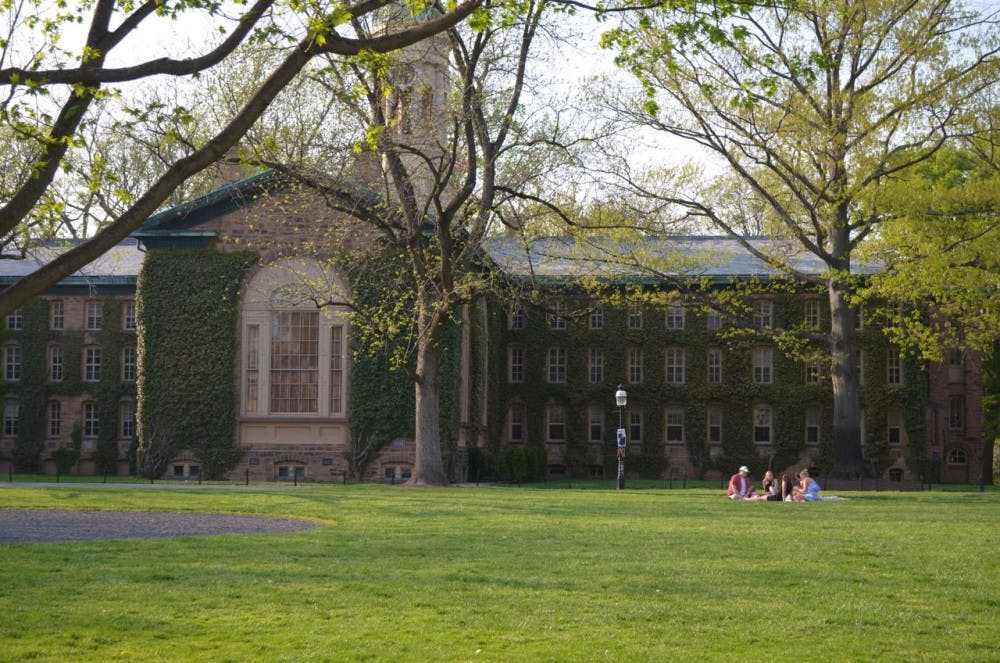In a statement from the Office of Communications on Tuesday, April 14, the University announced a number of changes to its financial aid program. The University trustees also “reaffirmed the University’s commitment to affordability despite the economic challenges created by the COVID-19 pandemic.”
In addition to a change in the summer savings expectation, the University eliminated the residential college fee and increased graduate student teaching and research assistant stipends.
In the statement, Provost Deborah Prentice, the University’s chief budget officer, acknowledged the ways in which the COVID-19 crisis is likely to impact families’ contributions to tuition.
“Given the COVID-19 pandemic and the resulting economic challenges, we expect that more of our students will need financial aid and that many students will need additional aid,” Prentice said. “We are committed to increasing the University’s financial aid budget to meet these needs so a Princeton education remains affordable for all students.”
The previously distinct summer earnings and campus job expectations for undergraduate students on financial aid have now been consolidated to “a single, smaller student contribution amount,” averaging $3,500, from the original $2,350 summer earnings expectation and $3,300 campus job expectation. This portion of the policy was originally announced in May 2019. The new policy will apply to incoming and continuing students and will take effect starting with the fall 2020 term.
The intention of the change is to give students increased flexibility to pursue academic, internship, and service opportunities both during and between academic years, according to the statement.
“The difference between the old and new student contribution amounts will be covered by grant aid,” the statement added.
Additionally, the “winter break allowance” previously included in aid packages to international students will now be replaced by a “second round-trip travel allowance.” Per the statement, this change was designed to allow international students on aid to be able to return home during winter break.

The residential college fee, which was $930 for this academic year and previously applied to all first-years and sophomores, has been eliminated.
For the 2020–21 academic year, the fee package (including tuition, room, and board) is set to rise from $69,020 to $71,710. The average scholarship awarded to students receiving aid from the University is expected to rise by 7 percent to $61,953 in the coming year. The statement clarified this estimate is only initial and “may increase given the current economic uncertainty.”
With regard to graduate students, the statement explained that they will receive “an increase of 3.1 [percent] for fellowships, 3 [percent] for research assistant stipends, and 2.7 [percent] for teaching assistant stipends.”
For the coming academic year, the rates will be $35,500 for a year-long fellowship, $33,800 for a 10-month teaching assistantship, and $30,800 for a 10-month research assistantship. These rates are in addition to full tuition and fee support for regularly enrolled, degree-seeking Ph.D. candidates, according to the statement.

The statement also emphasized that in the past twelve years, the University’s financial aid policy has allowed “significant and impactful” diversification of the student body.
“The proportion of students eligible for federal Pell Grants, restricted to low-income students, has increased to 24 [percent] of students in the Class of 2023, up from 7 [percent] of the Class of 2008,” read the statement.
According to the University’s undergraduate admissions website, 61 percent of students qualify for financial aid.








